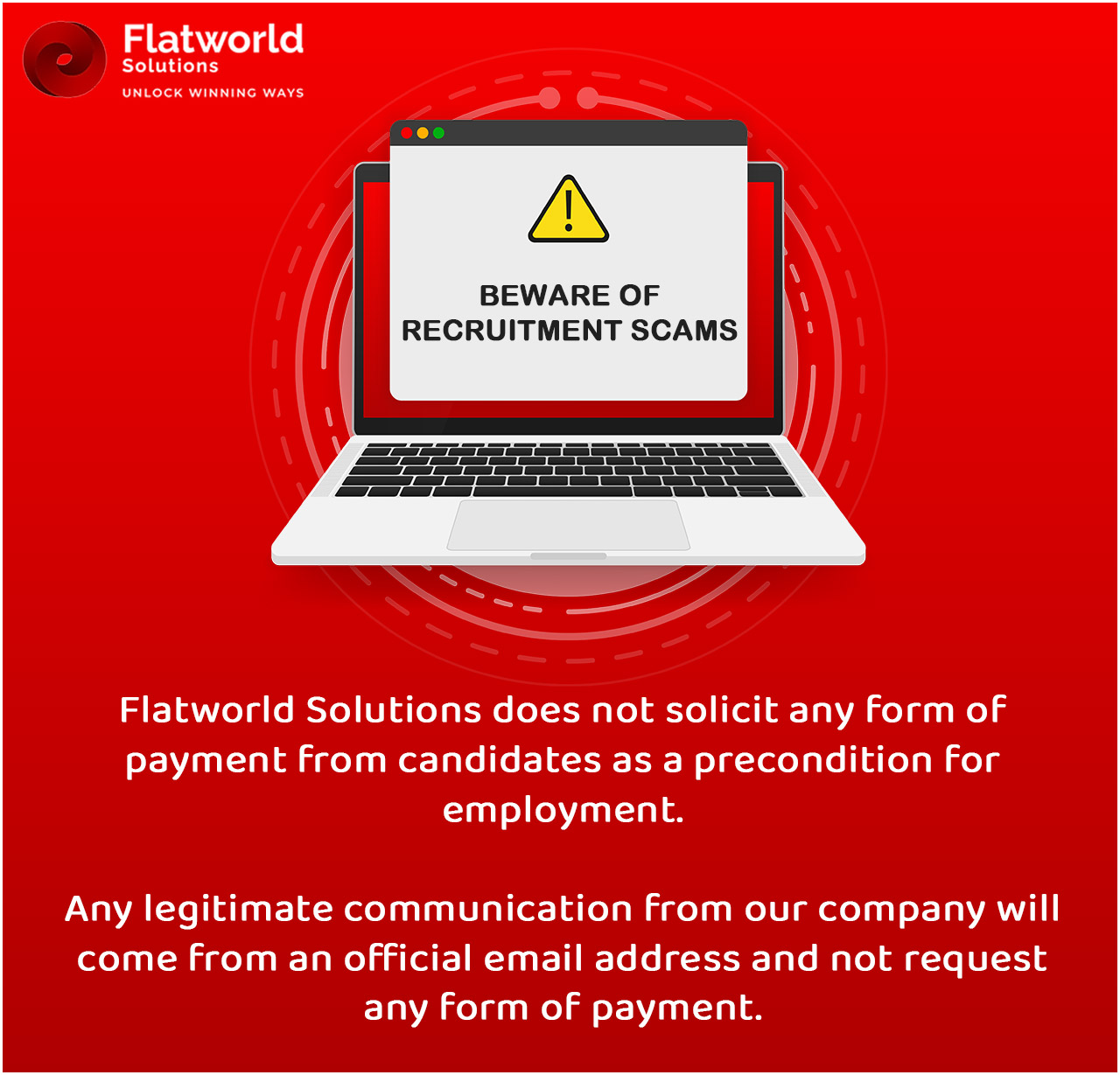The legal process outsourcing (LPO) market is expected to reach USD 189.9 billion by 2032 at a CAGR rate of 29.4%. This staggering growth rate marks a remarkable surge and underscores a shift in the way law firms operate to move towards more efficient and cost-effective solutions.
As legal practices face increasing pressure to deliver high-quality services while managing overhead costs, LPO emerges as a game-changer that can significantly enhance both efficiency and profitability. Delegating routine and administrative tasks to specialized LPO providers enables law firms to focus on their core competencies, streamline operations, and achieve higher profit margins.
This guide aims to equip you with the knowledge and tools needed to harness the full potential of legal process outsourcing for law firms. Whether you're looking to reduce operational costs, improve workflow efficiency, or gain access to specialized expertise, this comprehensive guide covers all the benefits of legal service outsourcing.
Understanding Legal Process Outsourcing
Legal outsourcing services refers to the practice of legal departments and offices delegating various responsibilities to external providers, often in different geographical locations. These services can range from routine administrative tasks to more complex legal processes. Common LPO services include. -
-
Document Review
Outsourcing the examination and organization of large volumes of documents during litigation or due diligence processes.
-
Legal Research
Conducting in-depth research on legal precedents, statutes, and regulations to support legal arguments and case preparation.
-
Contract Management
Drafting, reviewing, and managing contracts to ensure compliance and mitigate risks.
-
Litigation Support
Assisting with litigation-related tasks such as discovery, deposition summaries, and trial preparation.
-
Intellectual Property Services
Handling tasks related to patent drafting, trademark searches, and IP portfolio management.
Types of LPO
LPO can be categorized based on the geographical location of the service providers -
-
Onshore Outsourcing
Services are outsourced to providers within the same country. This option often ensures compliance with local regulations and easier communication but may come at a higher cost.
-
Offshore Outsourcing
Services are outsourced to providers in different countries, typically where labor costs are lower. Popular offshore destinations for LPO include India, the Philippines, and South Africa. While cost-effective, offshore outsourcing may present challenges such as time zone differences and cultural barriers.
-
Nearshore Outsourcing
Services are outsourced to neighboring or nearby countries. This option strikes a balance between cost savings and ease of communication, offering a middle ground between onshore and offshore outsourcing.
Financial Benefits of Legal Process Outsourcing
The financial benefits of LPO are multifaceted, ranging from cost savings and reduced overheads to higher profit margins and improved client satisfaction. Strategically incorporating LPO into practice enables attorneys to achieve a more sustainable and profitable business model.
-
Cost Savings
One of the most compelling reasons to consider legal support services is the substantial cost savings they offer. Outsourcing routine tasks such as document review, legal research, and contract management enables firms to reduce labor costs significantly. Hiring and training full-time employees for these roles can be expensive, especially when considering salaries, benefits, and other associated expenses. In contrast, legal support services pricing is much lower as these providers operate in regions with lower labor costs, passing these savings to your firm. This streamlined approach allows you to operate leaner without compromising on quality or efficiency.
-
Higher Profit Margins
Reallocating resources to high-value tasks is another significant financial benefit of LPO. When routine and administrative tasks are outsourced, in-house legal teams can focus on activities such as client consultations and courtroom representation.
This shift not only enhances the quality of service but also allows firms to take on more cases and clients. Higher profit margins are achieved as the firm can now handle larger work volumes. For example, a firm that outsources document review can redeploy its attorneys to more billable tasks, thereby maximizing their hourly rates and contributing directly to the firm's bottom line.
Operational Advantages of Legal Process Outsourcing
The operational advantages of LPO are multifaceted and transformative. Outsourcing administrative and routine tasks allows law firms to increase their focus on complex legal work, enhance scalability, and access specialized expertise. These benefits collectively contribute to a more efficient and capable legal practice.
-
Increased Focus on High-value Legal Tasks
One of the primary operational advantages of legal back office support is that it allows lawyers to concentrate on more complex and high-value legal work. As administrative and routine tasks are taken care of, attorneys can devote their time and expertise to activities that require their specialized skills and judgment. This leads to better outcomes for clients and a more efficient use of the firm's resources.
-
Scalability
Scaling operations quickly and efficiently is another significant operational benefit of offshoring. Law offices often face fluctuating workloads due to varying case volumes, client demands, and market conditions. LPO provides a flexible solution that helps practices scale their operations based on current needs without the need for long-term investments.
-
Access to Specialized Expertise
LPO providers often bring expertise that may not be readily available within the firm. These include specialized skills in specific areas of law or legal processes, which broadens the law office's service offerings and improves the quality of their legal work.
For example, an LPO provider specializing in intellectual property can offer expert patent drafting and trademark search services, which might not be a core competency of the in-house team. Similarly, providers with expertise in litigation support can offer advanced e-discovery and data analysis services, ensuring thorough and efficient case preparation.
The Final Word on LPO
The benefits of LPO extend beyond just numbers and efficiencies. It empowers your legal team to do what they do best, practice law, while trusted partners handle the routine and administrative burdens. This symbiotic relationship not only elevates your service delivery but also enhances client satisfaction and retention.
Therefore, legal process outsourcing is more than just a cost-saving measure; it is a strategic tool that can transform your law firm into a lean, efficient, and highly profitable entity. Carefully selecting reputable LPO providers and integrating them seamlessly into your operations creates a dynamic and robust legal practice capable of thriving in today's competitive landscape.
Contact Us
USA
Flatworld Solutions
116 Village Blvd, Suite 200, Princeton, NJ 08540
PHILIPPINES
Aeon Towers, J.P. Laurel Avenue, Bajada, Davao 8000
KSS Building, Buhangin Road Cor Olive Street, Davao City 8000


